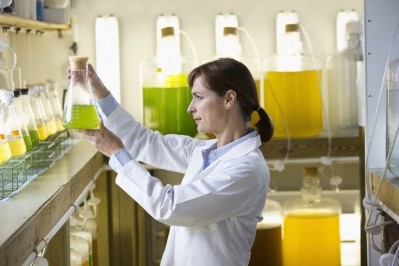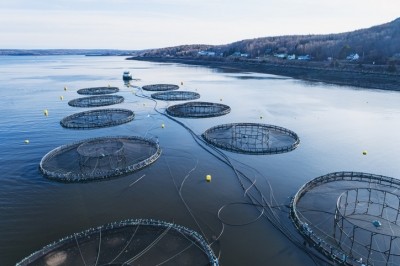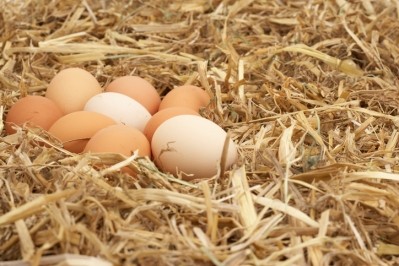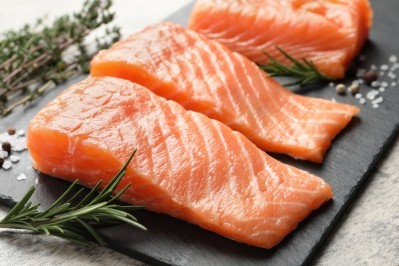Saudi based scientists could turn the tide on animal feed imports with novel algae farming model
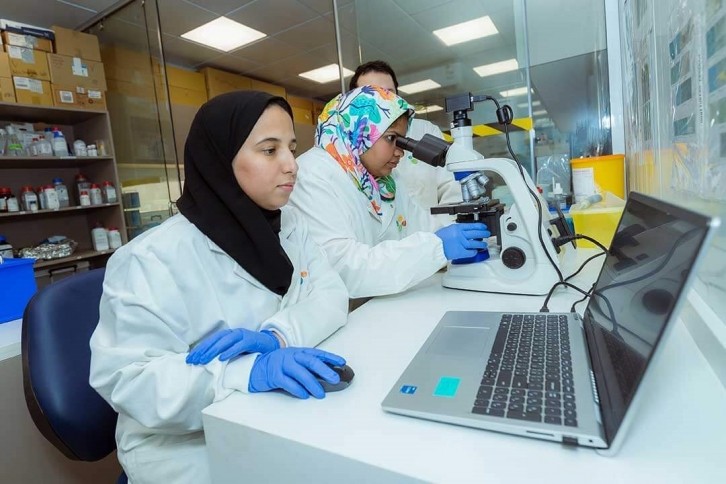
Saudi Arabia currently imports most of the raw materials it needs for livestock feed: protein, lipids, and carbohydrates. Replacing even a fraction of those imports with homegrown feed would represent massive savings and a big step toward food security, according to the KAUST team.
The difficulty of cultivating algae at scale has prevented its potential as an animal feed raw material from being realized to date.
However, scientists working at KAUST’s new Saudi Center for Algal Biotechnology Development and Aquaculture maintain that the Spirulina and Chlorella strains of algae they have developed are adapted to seawater, which makes their algae cultivation method both economically viable and environmentally sustainable.
Algae program director at KAUST, Dr Claudio Grünewald, told FeedNavigator:
“The key here is the adaptation of our algae strains to seawater salinity. By not using freshwater, we alleviate pressure on a vital global resource and shift the onus from freshwater sources to coastal areas with access to the sea."
Dr Grünewald was hired by KAUST to establish algae technology in Saudi Arabia. He has over 27 years’ experience in the design construction, and operation of algae plant facilities around the globe, in Chile, Spain, the UK, Germany, Mexico, and Japan with a focus on microalgae growth in open and closed systems at industrial scale.
The project, he explains, uses captured and treated carbon dioxide emissions from a nearby generator to feed the algae.
“Our project captures CO2 from a generator 100 meters away at one of the dining areas of a contractor on the KAUST campus. Additional back-up CO2 needed for the process will be ‘green’ CO2 that has been captured from the flue gas industry, cleaned, and compressed. This will be provided by Gulf Cryo and has already been tested in our facilities.”
Expansion to industrial scale
The algae cultivation project is coordinated by KAUST Beacon Development and Saudi Ministry of Environment, Water and Agriculture (MEWA), and overseen by MEWA's National Fisheries Development Program (NFDP).
Phase I of the initiative, which began in 2022, demonstrated that different strains of local algae could grow and thrive in variable desert conditions, and that Saudi Arabia’s aspirations around algae cultivation were realistic and sustainable. Phase II is set to expand the research operations to industrial scale, increasing the size of the algae pilot plant from 1,000 to 42,000 square meters.
The project cannot commercialize its products due to KAUST being a non-profit organization, but Dr Grünewald maintains that industrial setups of a comparable size could produce bulk algae powder, hydrolyzed biomass, plant bio-stimulant, and concentrated fresh or frozen algae.
The research program is also looking to support the country in its aim of developing a thriving aquaculture industry - a key goal under the country’s Vison 2030, with Saudi Arabia setting a production target of 530,000 metric tons of seafood a year by 2030.
“The seawater that we use comes from the fish hatchery located on the same site. This integrated multi-trophic approach to aquaculture enables us to reduce the cost of nutrient inputs, as nutrients such as nitrogen and phosphorus are already available in the seawater coming from the hatchery," says the algae cultivation expert.
Dr Ian Campbell is vice president of KAUST’s National Transformation Institute (NTI), responsible for ensuring that the university’s innovations deliver impact beyond the campus, and prior to joining KAUST, he was executive chair of Innovate UK. He says algae will play a key role in meeting Saudia Arabia's food security goals and brings versatile benefits that can be applied to other initiatives.
